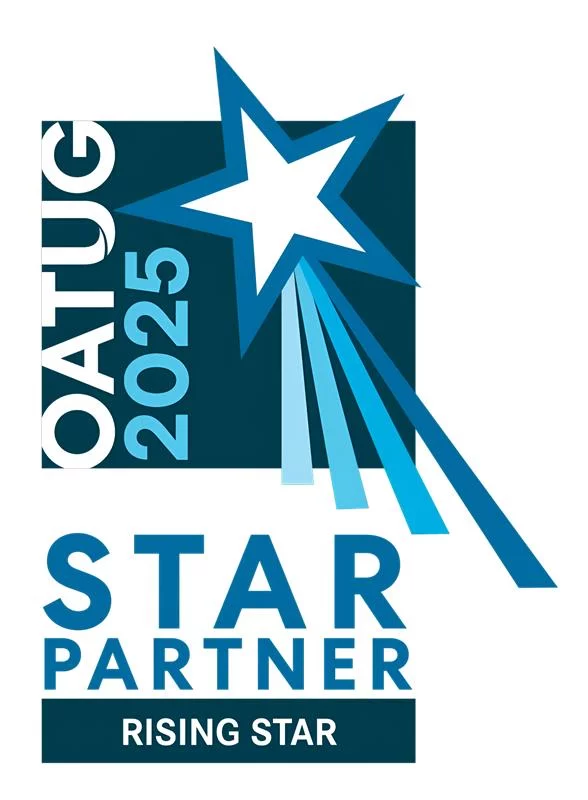Robotic Process Automation (RPA) is a rapidly growing technology that is transforming the way businesses operate by automating repetitive and rule-based tasks. Although RPA was initially adopted by large enterprises, small and medium-sized enterprises (SMEs) are increasingly turning to RPA to streamline their operations and improve efficiency. In this blog, we will explore the adoption of RPA by SMEs and the benefits it can offer.
What is RPA?
Before delving into the adoption of RPA by SMEs, let’s first define RPA. RPA is a software technology that uses bots or software robots to automate repetitive and rule-based tasks. These tasks can include anything from data entry to report generation and more. RPA is designed to mimic the actions of humans, allowing it to perform tasks in the same way as a human would.
Adoption of RPA by SMEs
SMEs are increasingly turning to RPA to streamline their operations and improve efficiency. This is because RPA offers several benefits that can help SMEs operate more efficiently and effectively. One of the primary benefits of RPA is that it can help reduce costs. By automating repetitive tasks, SMEs can free up human resources to focus on more high-value activities, improving productivity and reducing costs.
Another benefit of RPA is that it can help improve accuracy and quality. RPA is designed to perform tasks in the same way as a human, ensuring that tasks are completed accurately and consistently. This can help SMEs improve the quality of their products or services, leading to improved customer satisfaction and increased revenue.
Additionally, RPA can help SMEs improve compliance and reduce risk. RPA can be used to automate compliance-related tasks, such as regulatory reporting and auditing. This can help SMEs ensure that they remain compliant with relevant regulations and reduce the risk of non-compliance-related penalties.
Benefits of RPA for SMEs
The benefits of RPA for SMEs are many. Firstly, RPA can help SMEs reduce costs by automating repetitive and rule-based tasks, freeing up human resources to focus on higher-value activities. This can help SMEs operate more efficiently and effectively, improving productivity and reducing costs.
Secondly, RPA can help SMEs improve accuracy and quality, ensuring that tasks are completed consistently and accurately. This can help SMEs improve the quality of their products or services, leading to improved customer satisfaction and increased revenue.
Thirdly, RPA can help SMEs improve compliance and reduce risk by automating compliance-related tasks. This can help SMEs ensure that they remain compliant with relevant regulations, reducing the risk of non-compliance-related penalties.
In conclusion, the adoption of RPA by SMEs is on the rise, and for good reason. RPA can help SMEs reduce costs, improve accuracy and quality, and improve compliance and reduce risk. As SMEs continue to look for ways to streamline their operations and improve efficiency, RPA is likely to become an increasingly popular option.




